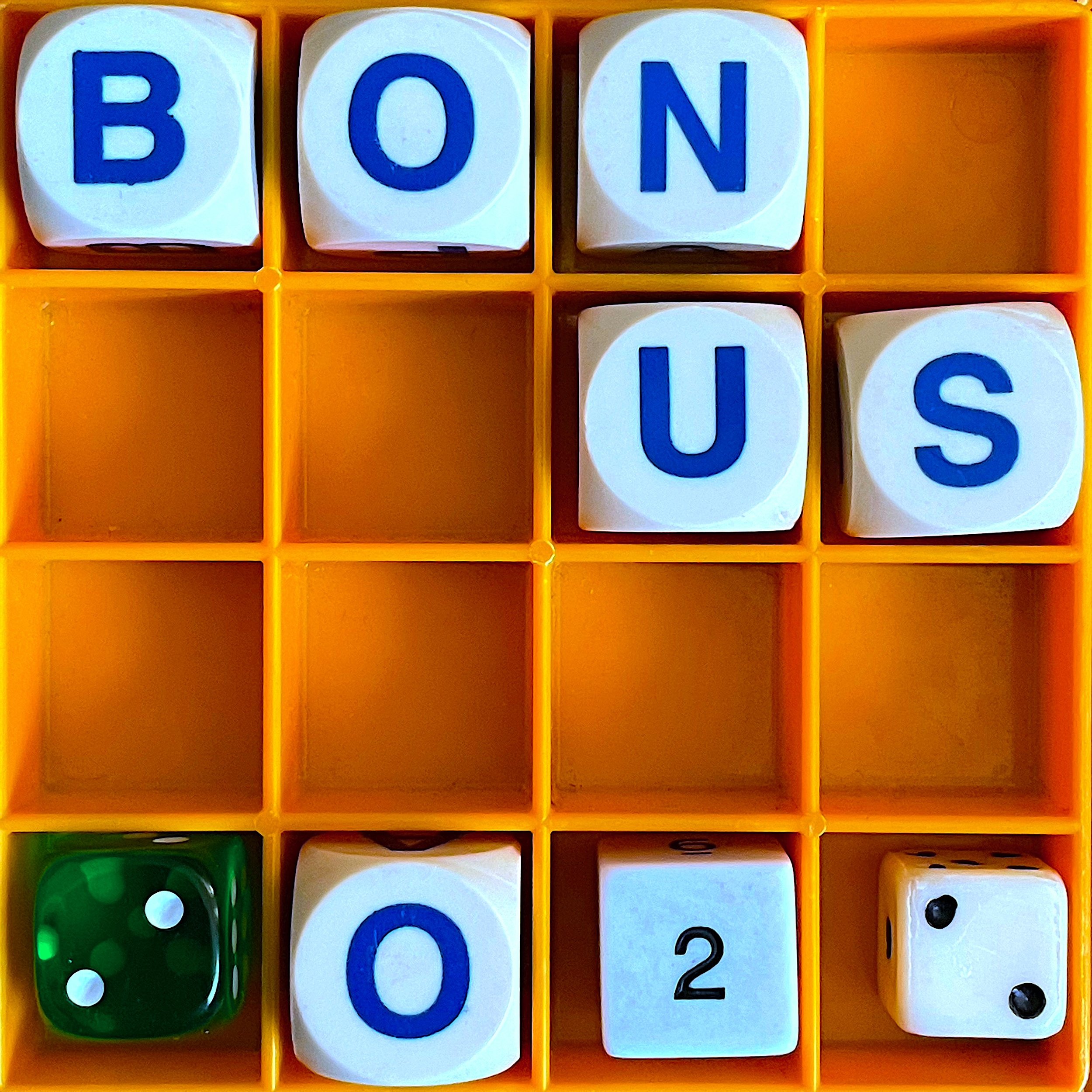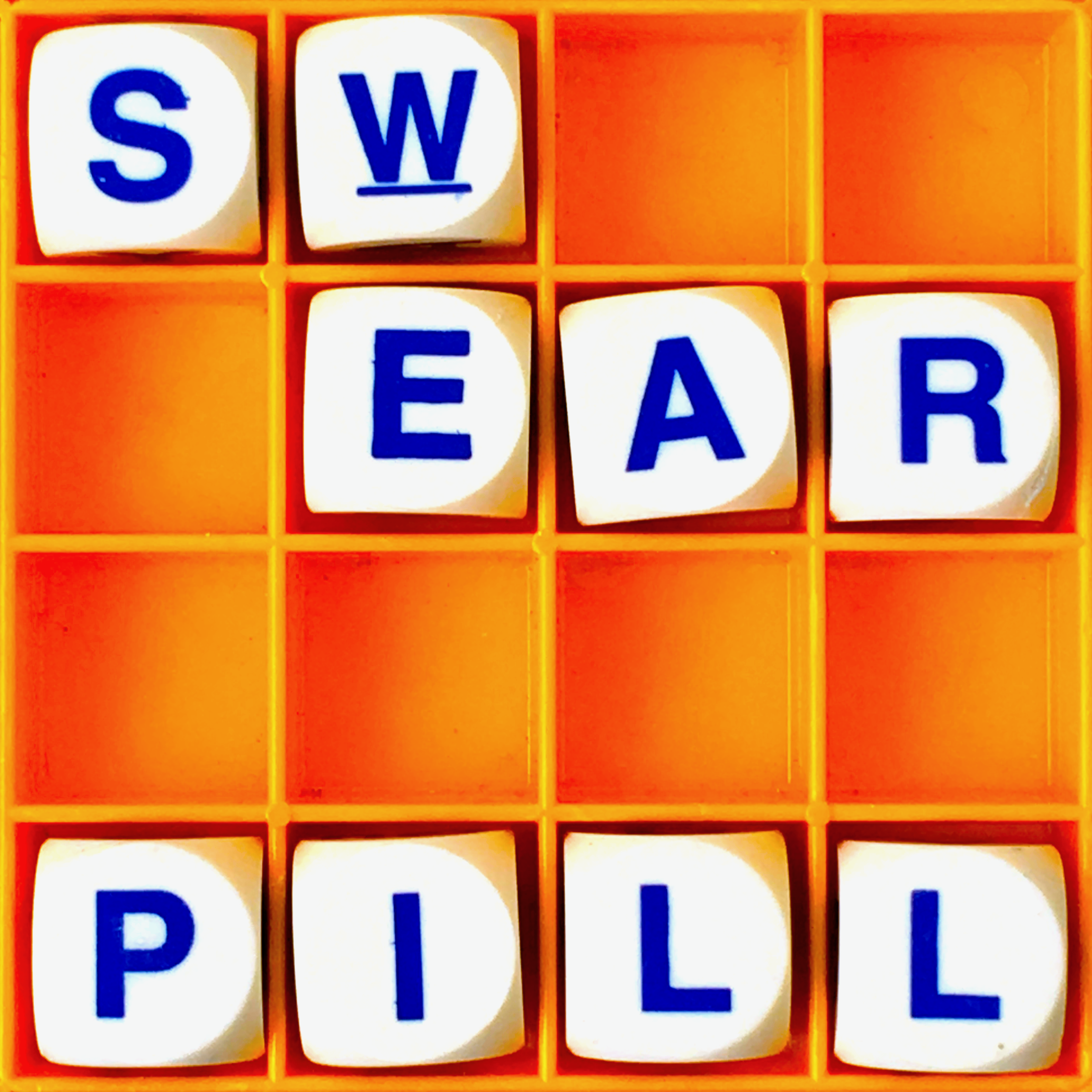TIM CLARE: Hippocampus, meaning ‘horse’ because it looks like a a sea horse, right? …Oh, don't look at them! They look absolutely terrifying!
HZ: I I've never seen a hippocampus, so I don't know.
TIM CLARE: There is a real David Cronenberg-like element to them.
Allusionist Eclipse+ transcript
LAUREN MARKS: Which is an acquired language disorder that comes after you have already honed all your language skills. It just leaves your language impoverished, depending on what type you have. It makes words inaccessible to you.
HZ: At that time, though, Lauren didn’t know that she used to have a full vocabulary and now didn’t, she used to be able to read and now couldn’t, she used to have an internal monologue and now didn’t. And ignorance really was bliss.
LAUREN MARKS: I couldn't have been any more peaceful and satisfied.
HZ: She didn’t have an inner voice telling her to panic - she didn’t have the vocabulary to panic. So she didn’t panic.
LAUREN MARKS: Knowing what you don't know is a really big issue with a brain injury. Language is the organ of perception. So if there is an injury to your perception, your perception can be real off. So in my case, with my aphasia, I didn't know how damaged my language was. I really had no idea. I thought that it was just fine.
Read moreAllusionist 74. Take A Swear Pill - transcript
HZ: So why is swearing good for you?
EMMA BYRNE: It's good for us socially, in that it is this really useful telegraph of our emotions; it's a good way of avoiding physical conflict. It's also a really good way of bonding, of saying "I hear you. I feel the strength of your emotions," like saying "Fuck that shit" when someone comes to you with something that's obviously upset them. Sometimes it needs to be something stronger than just putting your arm around their shoulder going, "Oh there, there". It's also really useful individually, both for a cathartic side of things when you do something painful or frustrating, letting it out there.
HZ: Another reason swearing is good for you: it relieves pain.
EMMA BYRNE: That is really potent and surprisingly well documented. When you stick your hands, for example, in freezing cold water, you can stand it for about half as long again if you’re using a single swear word than if you're using a single neutral word. Not only that: when afterwards you're asked about how painful that experience felt, you report that cold water as feeling much milder than the water that you had your hand in while you were using some neutral word. So we know that it's really handy for dealing with pain that's being inflicted on you. We also know that it's quite useful, for example, among people who are suffering from long term conditions - so not pain that's been inflicted in a lab, the pain that is ongoing. So managing particularly the emotional aspects of long term pain, a good swear can be cathartic.
Read moreAllusionist 58: Eclipse - transcript
LAUREN MARKS: Words were everything in my life. It was all day, every day, on stage, off stage, on the page...
HZ: Let's go back to what happened.
LAUREN MARKS: Oh, sure.
HZ: How old were you?
LAUREN MARKS: I was 27. I was an actress and a director and a PhD student in New York. And there was absolutely no warning. I mean, I was actually performing on stage when it happened. I went onstage to perform a karaoke duet.
HZ: What was the song?
LAUREN MARKS: It was ‘Total Eclipse of the Heart’.
HZ: Wrong organ.
LAUREN MARKS: I know… No, it's OK to laugh, because I just really am glad I didn't die doing that. So anyways, I was on stage, I was singing... I was up, singing the song... and then I was down.
I collapsed immediately, because it was not known to me at the time but an aneurysm had ruptured in my brain and it was hemorrhaging.
HZ: An aneurysm is a weakness in a blood vessel in the brain. It’s estimated that one in fifty people have such a weakness, but most will never even know about it - only around 1 in 25,000 aneurysms causes trouble.
As she later found out, Lauren Marks had two, and one of them was that 1 in 25,000. It ruptured, and she had a stroke.
Karaoke interrupted, Lauren was taken to hospital. When she woke up, she had undergone brain surgery; but something else had changed.
LAUREN MARKS: When I woke up in the Edinburgh hospital, I had very little language: speaking, reading, writing were all dramatically affected. I probably only had about 40 or 50 words at my disposal.
Read more



